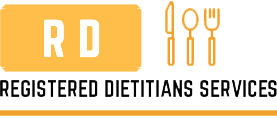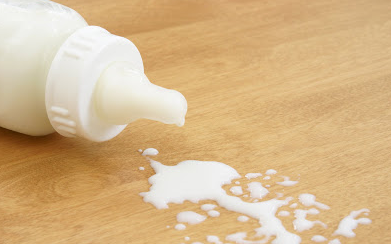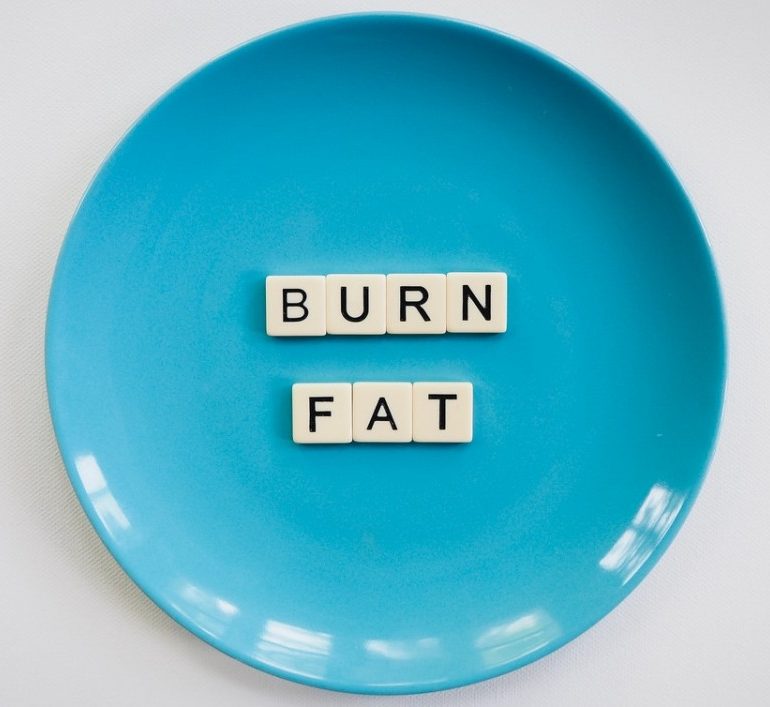Food allergies
Cow’s milk allergy is a type of food allergy. Food allergies are immune system reactions that are triggered by a certain type of food. These can produce symptoms such as digestives problems, hives and swollen throats. In severe cases, it can lead to an anaphylaxis shock. Food allergies affects about 8% of children under 5 years old and adults about 4%. It is common that children outgrow their allergies when they get older.
Cow’s milk allergy
Cow’s milk allergy (CMA) is an allergy specific to cow’s milk and dairy products. CMA is very common in babies in fact it affects 1 in 50 babies. This usually remains until they are about 1 year old as the immune system starts to develop and function properly. If, it continues after age of 1 it usually resolve by the age of 6 years. CMA is very rare in adult.
The immune system plays an important role in CMA as it responds to a specific protein found in milk. Every time that it encounters this milk proteins it produces a bigger reaction. During this reaction the immune system produces the release of histamine and other immune mediators. These chemicals cause the signs and symptoms of CMA.
Signs and Symptoms
This type of allergy can vary from mild to severe according to the level of symptoms experienced by the child. Mild symptoms may present themselves after hours or even days. Mild symptoms of CMA includes:
- Urticarial
- Eczema
- Swelling of the face
- Persistent cough or wheezing
- Vomiting
- Diarrhea
On the other hand, severe symptoms starts soon after cow’s milk consumption. The severe symptoms can lead to an anaphylaxis shock. In which case, the health professional must treat with an epinephrine shot as it can be life-threatening. Severe symptoms include:
- Breathing difficulty
- Swelling of the nose, tongue or throat
- Hoarse voice
- Persistent cough or wheezing
- Anaphylaxis shock
Cow’s milk allergy management
The only treatment for food allergies is the elimination of the food from your child’s diet. So, if your child has been diagnosed with CMA and you wish to continue breastfeeding you should eliminate cow’s milk and dairy products from your diet. This is because cow’s milk proteins can pass through breastmilk which may cause an allergic reaction to your child.
If your child doesn’t have CMA breastfeeding is recommended to prevent this type of allergy. Studies show that children who are breastfed have lower rates of developing CMA by 0.5%.
If, on the other hand you wish to stop breastfeeding your child you can opt to use hypoallergenic formulas. The milk proteins found in these formulas are completely broken down so they don’t trigger the immune response-reaction. Alternative milks such as soya, sheep and goat’s milk can be used with caution. Studies show that 50% of children affected by CMA also develop an intolerance for soy, sheep and goat’s milk proteins.
Cow’s milk allergy and diet
All products containing cow’s milk should be eliminated from the diet. Some of the most obvious are milk, cheese and yogurts. It is also important to pay attention to the non-obvious food products containing milk such as sauces, biscuits, chocolate and all packaged food. If your child is old enough to consume any packaged food it is of utmost importance that you check the food label. If, a products contains milk it will be written down in the ingredients and allergen section.
Cow’s milk is rich in Calcium and Vitamin D which are both important for healthy bones and teeth, especially in children since they are still growing up. Therefore, it is important that alternative milks such as coconut milk, rice milk and soya milk are consumed in your child’s diet. Alternatives for dairy products are vegan cheeses, yogurts and chocolate. It is very important to note that cow’s milk allergy is different from lactose intolerance.
Cow’s milk allergy is very difficult to diagnose and if you suspect that your child might have it, it is important to see a doctor or a dietitian immediately. CMA requires a multidisciplinary healthcare approach.




